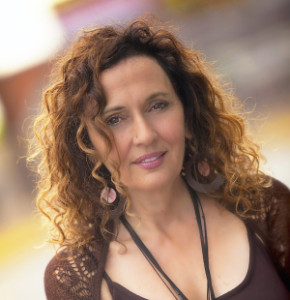\"Aristotle\", a poem by Billy Collins
Description
Vocal Characteristics
Language
EnglishVoice Age
Middle Aged (35-54)Accents
North American (General) North American (US Mid-Atlantic)Transcript
Note: Transcripts are generated using speech recognition software and may contain errors.
Yeah, this is the beginning. Almost anything can happen. This is where you find the creation of light, a fish wriggling onto land. The first word of paradise lost on an empty page. Think of an egg, the letter. A a woman ironing on a bare stage as the heavy curtain rises. This is the very beginning. The first person narrator introduces himself, tells us about his lineage. The mezzo soprano stands in the wings Here, the climbers are studying a map or pulling on their long woolen socks. This is early on years before the art dawn. The profile of an animal is being smeared on the wall of a cave and you have not yet learned to crawl. This is the opening the gambit upon moving forward an inch. This is your first night with her, Your first night without her. This is the first part where the wheels begin to turn, where the elevator begins its ascent before the doors lurch apart. This is the middle things have had time to get complicated messy, really. Nothing is simple anymore. Cities have sprouted up along the rivers, teeming with people that cross purposes. A million schemes. A million wild looks disappointment on shoulders his knapsack here and pitches his ragged tent. This is the sticky part where the plot congeals where the action suddenly reverses or swerves off in an outrageous direction. Here the narrator devotes a long paragraph two. Why Miriam does not want Edwards Child. Someone hides a letter under a pillow Here the aria rises to a pitch, A song of betrayal. Salted with revenge and the climbing party is stuck on a ledge halfway up the mountain. This is the bridge, the painful modulation. This is the thick of things. So much is crowded into the middle, the guitars of spain, piles of ripe avocados, Russian uniforms, noisy parties, lakeside kisses, arguments heard through a wall. Too much to name. Too much to think about. And this is the end, the car running out of road, the river losing its name and an ocean, the long nose of the photographed horse touching the white electronic line. This is the caliph in the last elephant in the parade, the empty wheelchair and pigeons floating down in the evening. Here the stage is littered with bodies. The narrator leads the characters to their cells and the climbers are in their graves. It is me hitting the period and you closing the book. It is Sylvia plath in the kitchen when ST clement with an anchor around his neck. This is the final bit, thinning away to nothing. This is the end. According to Aristotle. When we have all been waiting for what everything comes down to the destination. We cannot help imagining a streak of light in the sky, hat on a pig and outside the cabin, falling leaves
